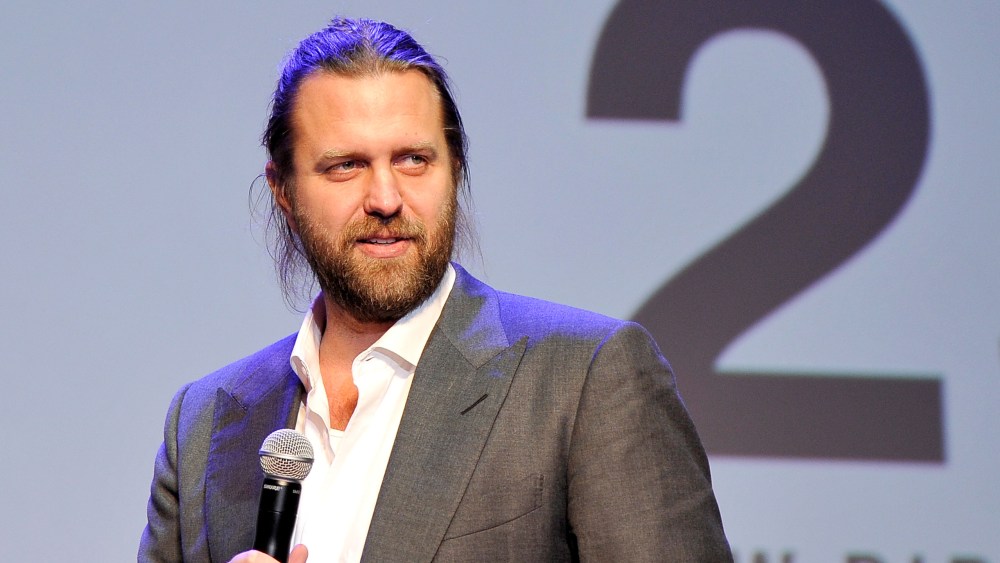Carl Rinsch has pleaded not guilty to charges of fraud and money laundering, after the director was accused of taking $11 million from Netflix — meant for a sci-fi series that was never completed — and spending it on cars and cryptocurrency.
Rinsch, who was out on a $100,000 bond, appeared in a downtown Manhattan courthouse Thursday afternoon for the arraignment, where a judge cracked jokes in a room packed with Columbia law students. Later in April, Rinsch is due back in civil court in Los Angeles for a debtor’s examination by Netflix’s lawyers. The entertainment company has obtained an $11.8 million judgment and is attempting to locate assets it may be able to seize.
A trial date was set for Sept. 8, along with a continuation of Rinsch’s bail conditions. Most of the evidence in this case has been handed over to the defense, but the prosecution said they have several hard drives and laptops for which they are currently attempting to breach security protocols. The judge set a May deadline for that evidence to be produced.
If the case goes to trial, Rinsch could face up to 20 years in prison. Though, the judge said, “I don’t pay much attention to the [sentencing] guidelines,” calling them “wholly irrational.”
Rinsch was once an up-and-coming director whose futuristic ads for Heineken, BMW and Mercedes led to a job helming “47 Ronin,” an original samurai film starring Keanu Reeves. While the film flopped, costing Universal at least $120 million, Rinsch had powerful allies. He considered Ridley Scott a mentor, and Reeves would go on to invest in “White Horse,” his short-form TV series about humanoid AI beings.
That project bounced around Hollywood, attracting interest from Annapurna and Rian Johnson. Six episodes were shot, ranging from four to 10 minutes in length, with the plan to shoot seven more. In 2018, Netflix executives reviewed the script and agreed to put $44 million into completing the series — renamed “Conquest” — while buying out the previous investors. After the series went back into production in Brazil, Rinsch went over budget. According to an arbitrator’s ruling, there were numerous other problems, too, including casting issues and allegations of harassment and abuse on set.
Netflix wired an additional $11 million to Rinsch to finish the first season of “Conquest.” Prosecutors allege the director transferred the money into a personal account and later used it to buy cars and luxury goods (among them: a $28,000 sofa and two mattresses totaling $650,300), as well as gamble on cryptocurrency and the stock market.
In 2020, Netflix wrote off the $55 million investment, causing Rinsch to spiral and send inflammatory emails to company executives, according to the ruling. At an arbitration hearing, Rinsch testified that this behavior was the result of his autism. “Whatever’s going on there, I can tell you it’s not drug-induced,” he said. “It’s not mentally ill. It’s exacerbating a different neurotype that most people might not be able to understand.”
Rinsch allegedly went on spending sprees, and his cryptocurrency balance dropped from $26.7 million to $68,000 from May 2021 to May 2023. In 2024, he told a judge he was virtually broke, as Netflix moved to obtain its $11.8 million judgment.


